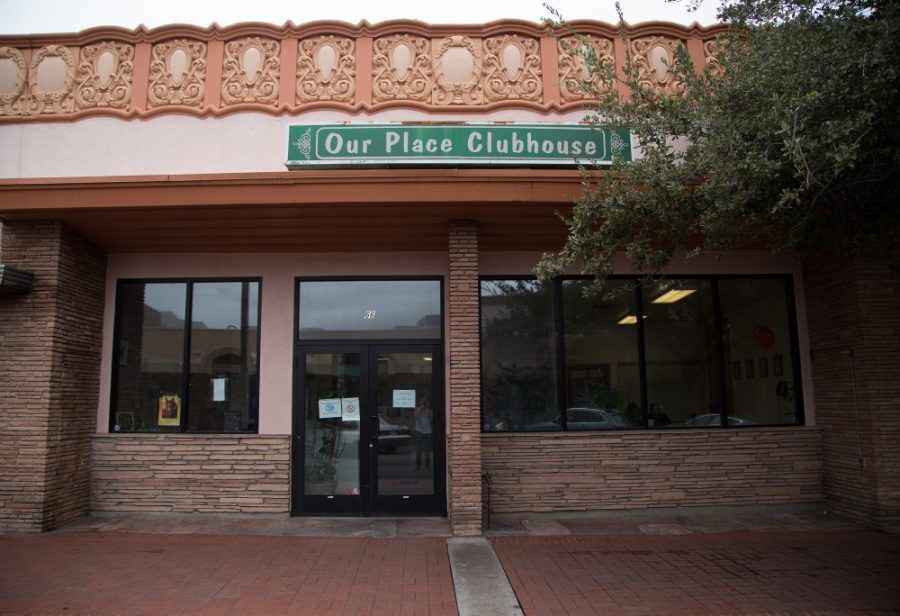Just a little over a week ago, presidential candidate Hillary Clinton presented her comprehensive mental health plan, aiming to better support the millions of Americans struggling with a serious mental condition affecting them or their loved ones.
At the Shining a Light on Mental Illness, Eliminating the Stigma workshop held at the Joel D. Valdez Main Library downtown Tuesday, a panel of speakers was opened up by local author Sheila Wilensky. Like Clinton, the speakers talked about the importance of recognizing the vital role of mental health.
RELATED: Tucson ‘A truly amazing place for poetry’
Joining Wilensky was Marsi Quigley, who works for the National Alliance on Mental Illness, Jan. 8 shooting survivor Suzi Hileman, UA professor Thaddeus Pace and poet/artist Doreen Scherf—all individuals with a deep connection to and passion for mental health.
Wilensky said that, with 20 percent of Americans suffering from mental illness every year and all of us existing somewhere on the mental health continuum, most people will deal with mental health issues periodically throughout their lives.
Wilensky began a few years back with the shooting of Gabrielle Giffords. The tragic situation gave her a negative feeling of “What is with people?” that she felt needed to be healed in herself and others in the community.
Such misconceptions, according to Wilensky, include others thinking violent mentally ill people can simply “snap out of” their condition, which they cannot.
Extremely damaged people often lack years of someone caring for and helping them, which influences their tendency to be violent.
“We are all in this together,” said Hileman. “It’s our responsibility to do something about it.”
Pace pointed out that fast-paced contemporary lifestyles makes mental illness just that much more complicated. He said that, although it may be hard to see incremental improvements, people should not be afraid to seek treatment, like that available at the Counseling and Psych Services at Campus Health Service or anywhere in the behavioral health system in the outside community.
RELATED: UAMA exhibit creates new artistic understanding
It is important, the speakers pointed out, especially for young people who are still in formative stages in so many aspects of their life, to not be afraid to be critical of treatment they are receiving. The speakers emphasized that going down the wrong path and being on the wrong medication can prevent individuals from ever moving forward.
Our Place Clubhouse, a mental health support community established in 1992, is a hub in downtown Tucson. The clubhouse holds a weekly writing group which Wilensky has worked with to create the book, “A Certain Slant of Light: Emerging from the Shadows of Mental Illness.” This work was published in 2014 and contains prose and poetry with the intent to encourage others struggling with mental illness to channel the artist within themselves.
“I take my time, pacing myself through my daily existence. I don’t ask the question ‘why?’ I just live,” goes a passage by contributing writer Tyrone Scercy. “I want peace and harmony to live with me not fear and doubt. I want to be able to be free and calm in my spirit. I love the world when it is quiet and its inhabitants are happy with me.”
Follow Gretchyn Kaylor on Twitter









